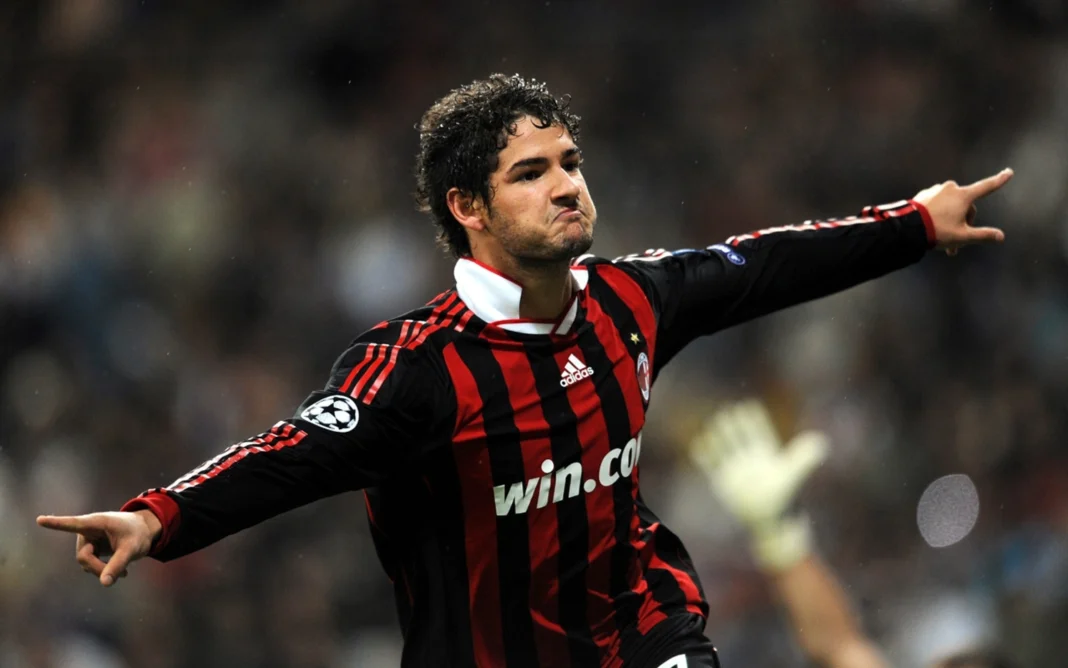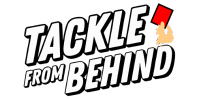There’s something magical about wonderkids. They’re the bright sparks we cling to, the kids who make you believe you’re watching the birth of the next Messi or Ronaldo.
These kids mostly come from the clubs, academies, and thus, fans feel like they are one of their own and do expect them to do well, but sometimes it is the weight of these expectations that crushes the biggest of talents.
For every Mbappé or Haaland who smashes through expectations, there’s a Freddy Adu, a Ravel Morrison, a Bojan Krkić. Talents so hyped, so adored, and yet so crushed by the weight of “next big thing” prophecy.
This is the painful side of football’s obsession with potential. These are every failed wonderkid in football — the names that once had the world at their feet, but never truly reached the heights expected of them.
Every failed wonderkid in football
Freddy Adu – The American Messi Who Vanished

Before Messi conquered the world, America thought it had its own savior. Freddy Adu’s story wasn’t just hype — it was hysteria.
At 14, Adu became the youngest athlete ever to sign a professional contract in U.S. history when DC United drafted him first overall in 2004. Pele himself stood in commercials next to him, literally anointing the kid as the heir to his throne. Nike threw a million-dollar deal his way. ESPN claimed he was a bigger prospect than LeBron James. Even Sir Alex Ferguson had him in for trials at Manchester United.
But while the headlines painted him as football’s messiah, the truth was crueler. “What people don’t know is I went pro because my family was really poor,” Adu admitted later. “What am I going to do? Say no to millions while my family was struggling?”
What followed was a slow-motion collapse. Fifteen clubs across nine countries. Portugal, Monaco, Greece, Turkey, Brazil, Finland, Sweden — even in Sweden’s third division, he couldn’t get minutes. A man once compared to Pele by Pele himself, reduced to football’s most infamous “what could have been.”
Adu’s story is the ultimate cautionary tale of hype without stability.
Bojan Krkić – The Next Messi Crushed by the Tag
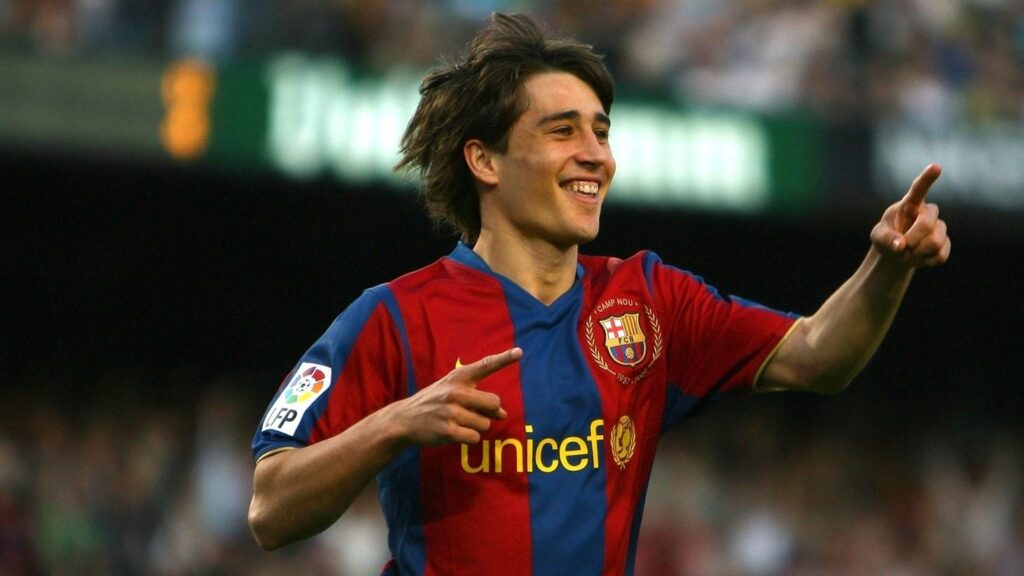
423 goals for Barcelona’s youth sides. Bojan Krkić wasn’t just good — he was historic. He broke Messi’s youngest-scorer record. Spain believed they’d found the next Messi.
But that tag was dynamite. “In the end, I know I’m not Messi. I’m Bojan,” he said. Yet the pressure of comparisons crushed him. Panic attacks at 17, a mental toll he never escaped.
He played in seven countries, retired at 32, and ended with just 93 goals in 451 professional games. From Messi’s heir to wandering football’s wilderness.
João Félix – The €126 Million Misfit
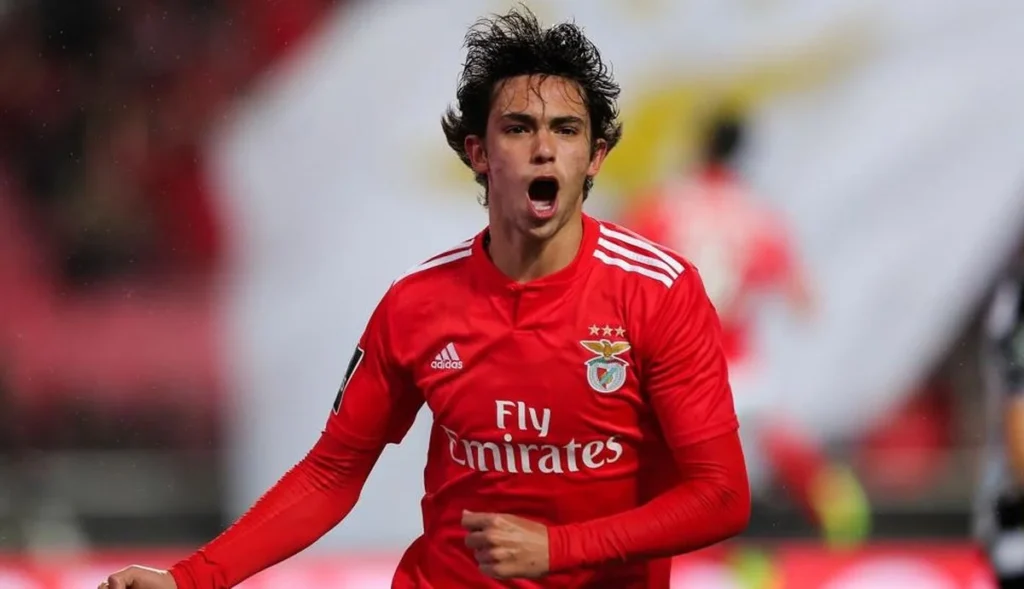
When Atlético Madrid paid €126 million for João Félix, the fifth-highest fee in football history, they thought they’d found Cristiano Ronaldo’s heir.
He had just won the Golden Boy Award, dazzling Benfica fans with silky touches and vision that made defenders dizzy. Simeone called him “a special talent.” Portugal crowned him Ronaldo’s successor.
But Félix’s artistry was shackled by Atlético’s defensive system. Asking a creative free spirit to thrive in Simeone’s rigid, suffocating style was like parking a Ferrari in a traffic jam. He looked lost, frustrated. Fans booed him. His public flirtation with Barcelona — Atlético’s fierce rivals — only deepened the rift.
Loan spells at Chelsea and Barça showed glimpses, but not greatness. His value tanked from €126m to €30m. By 25, he was in Saudi Arabia at Al Nassr, joining Ronaldo, earning $10 million annually.
It’s not failure in the sense of obscurity — he’s rich, he’s still talented — but Félix’s story is about surrender. A wonderkid who chose comfort over conquering Europe.
Mario Götze – The World Cup Winner Who Still Fell Short
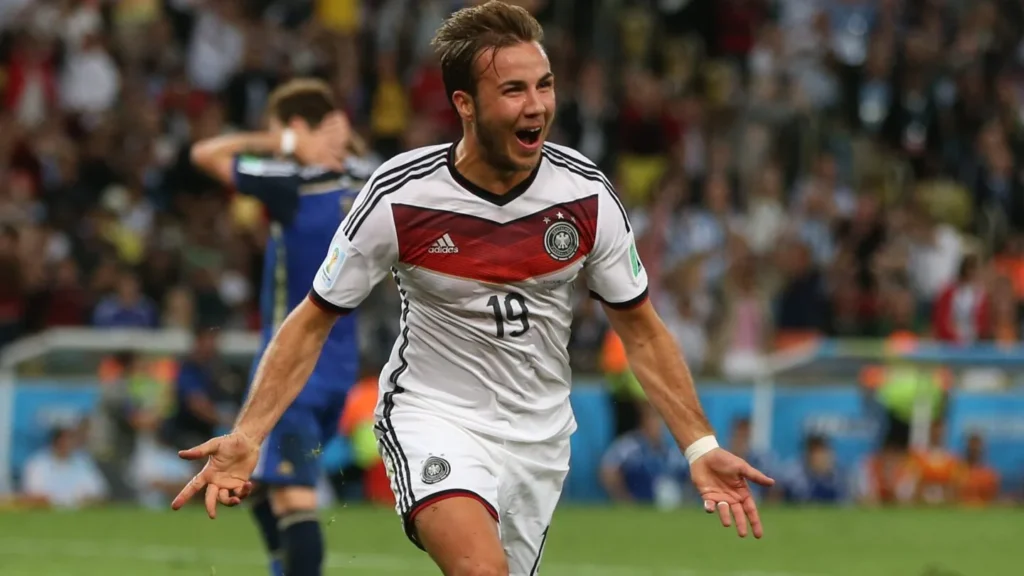
Here’s the controversial one. Mario Götze scored the goal of a lifetime — the 2014 World Cup winner for Germany. The moment kids dream of in their backyards.
But even with that, he feels like a failed wonderkid. Pep Guardiola called him the best German talent of his generation. He was meant to rival Messi. Instead, a metabolic disorder and inconsistent form stole his prime years.
At 33, he’s still at Eintracht Frankfurt, mentoring youngsters, playing solid football. But when your hype was “the next Messi,” anything less than a Ballon d’Or feels like failure.
Ravel Morrison – The Best Kid Ferguson Ever Saw
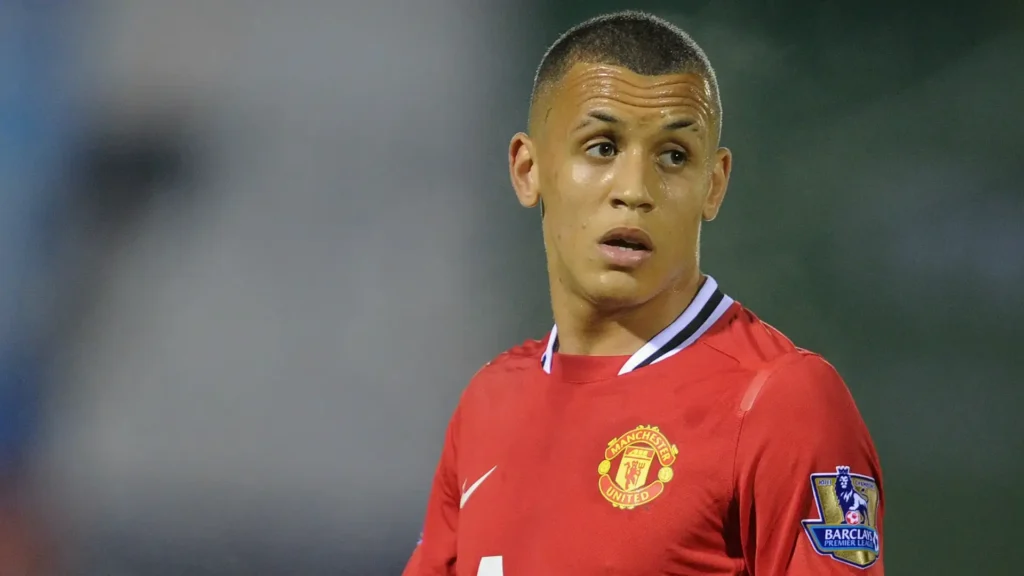
Sir Alex Ferguson once turned to Rio Ferdinand and Wayne Rooney during training at Carrington and said something outrageous:
“This kid is better than you when you were a kid, Wayne. Better than you, Rio. Better than Ryan Giggs. This is the best kid you’ll ever see.”
He was talking about Ravel Morrison.
Morrison had everything — vision, technique, arrogance, swagger. He could humiliate defenders with a glance. Ferguson genuinely believed he was nurturing a future Ballon d’Or winner.
But Ferguson also wrote, with visible pain, that Morrison’s off-field issues made him “the saddest case.” Legal troubles, bad influences, and an attitude that made him unmanageable. In the end, Manchester United cut ties after just three senior appearances.
What followed was a patchwork of brilliance and disaster: West Ham, Lazio, Atlas, Ostersund, Sheffield United, Middlesbrough, DC United, and eventually the UAE third division. He admitted in 2020: “I should have gone further. I could have gone further. It makes me upset.”
When the greatest manager of all time calls you his most naturally gifted talent — and you don’t make it — that’s football’s cruelest truth: talent without discipline doesn’t survive.
Alexandre Pato – Better Than Ronaldinho?
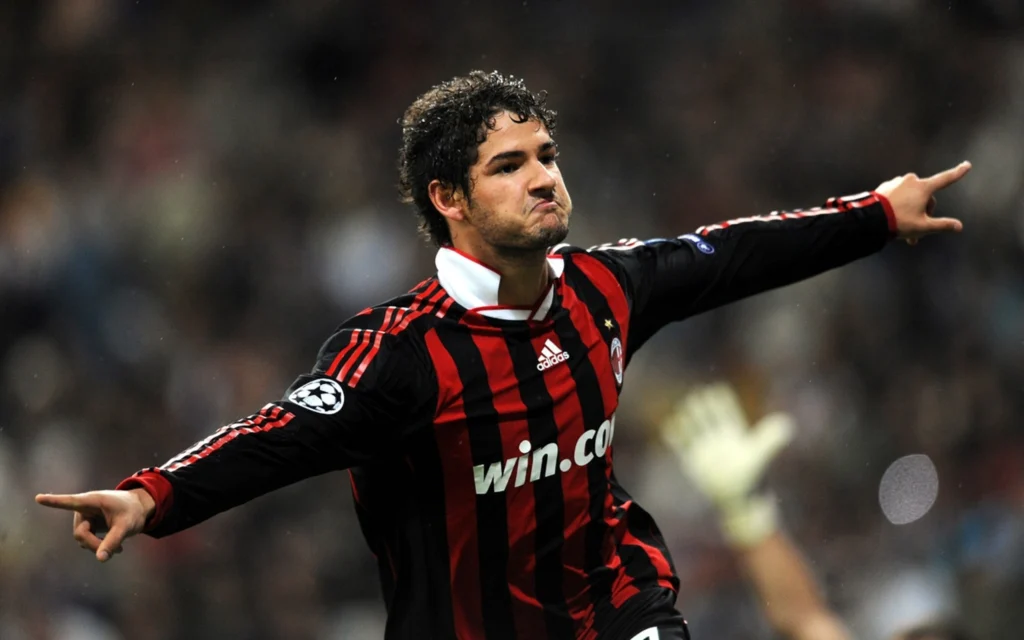
Imagine arriving in Milan at 18 and being told by Carlo Ancelotti that you’re better than Ronaldinho. Or hearing Brazil’s manager Dunga compare your style to Ronaldo’s.
That was Alexandre Pato. Lightning pace, surgical finishing, balance, flair — he was meant to combine Ronaldo’s ruthlessness with Ronaldinho’s magic.
But the choice that defined him came early: emulate Kaka’s discipline, or Ronaldo’s party lifestyle. He chose the latter. Injuries, muscle problems, and inconsistency destroyed him. By 25, he was bouncing between Brazil, China, and Europe, never regaining Milan’s early sparkle.
He retired in 2025 — silently, without fanfare. The kid, compared to the two legends, became a shadow.
Dele Alli – England’s Golden Boy Lost in Darkness
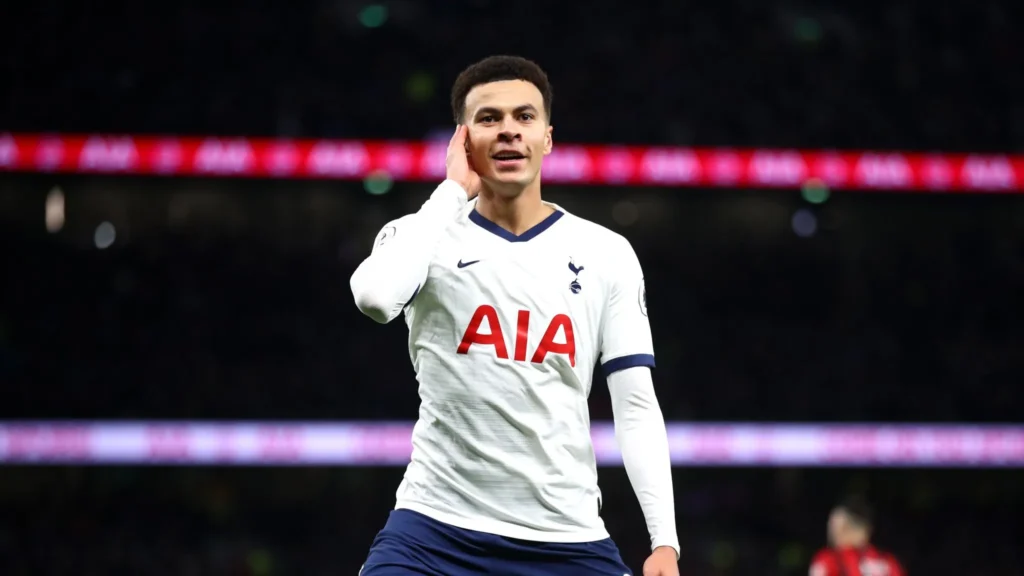
Dele Alli wasn’t just good — he was electric. Back-to-back PFA Young Player of the Year awards, comparisons to Frank Lampard, and goals that made him look like England’s future captain.
But after Mauricio Pochettino left Spurs, Dele’s decline was brutal. Injuries, mental health battles, a damaging addiction to sleeping pills, and childhood trauma derailed him. By 2025, he was returning from rehab after nearly two years out — only to get sent off nine minutes into his comeback.
Still under contract, training alone, whispers of retirement already swirling. His story isn’t finished, but it’s already heartbreaking. Proof that sometimes the hardest battle is the one in your head.
Jadon Sancho – From Dortmund Darling to United Outcast
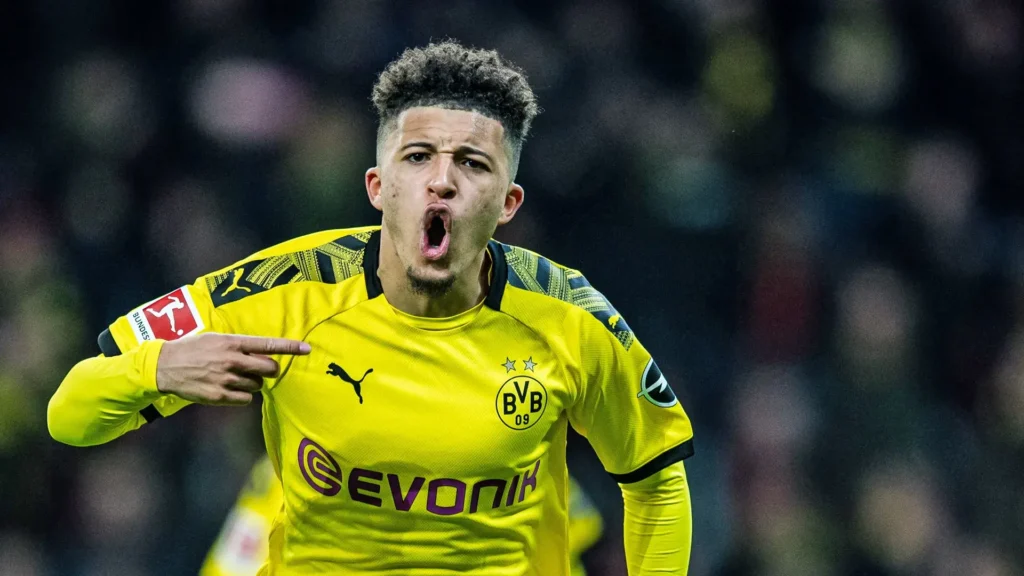
At Borussia Dortmund, Jadon Sancho was untouchable. 50 goals and 64 assists in 137 games. Quick, fearless, devastating. England’s golden boy.
But Manchester United’s £73m signing turned toxic. The pressure of Old Trafford, the media circus, Erik ten Hag’s public criticism — it all suffocated him. Sancho fought back on social media, saying he was being made a scapegoat. The fallout was ugly.
A loan back to Dortmund in 2024 revived him. He dribbled past PSG like Messi, helped them reach the Champions League final, and reminded the world who he was. But at Chelsea in 2025, the twist returned: they refused to make his move permanent despite an obligation clause.
Now back at United, his story feels unfinished — but the wonderkid who once looked like England’s answer to Neymar is now football’s awkward puzzle: brilliant, but brittle.
Giovani dos Santos – Barcelona’s Vanishing Magician
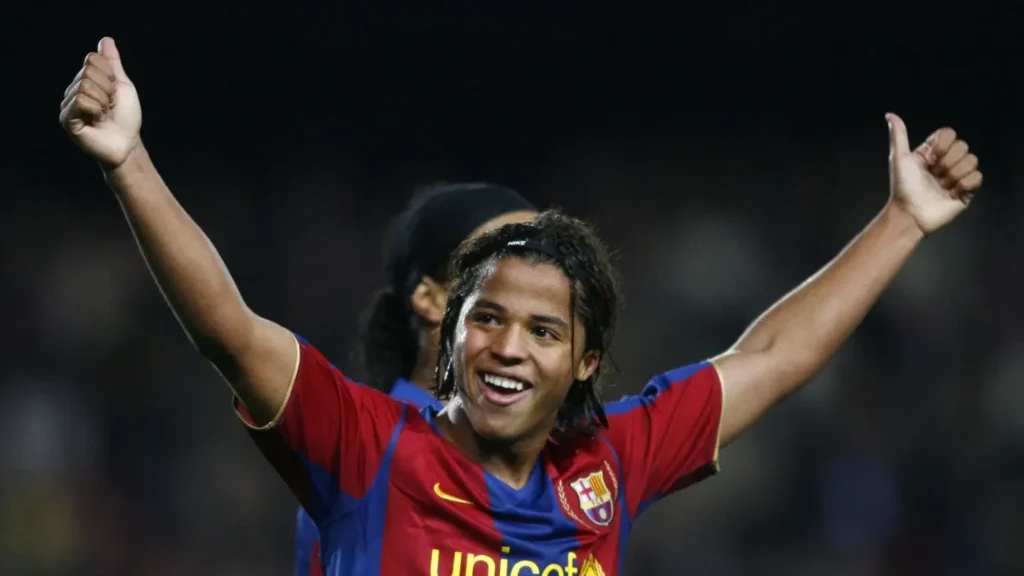
At La Masia, coaches whispered Giovani dos Santos could win the Ballon d’Or. Frank Rijkaard himself praised his magic. Mexico’s golden boy was supposed to light up Camp Nou.
Instead, he became football’s great nomad. Spurs, Galatasaray, Villarreal, LA Galaxy, Club América. Flashes of brilliance, but never sustained. For Mexico, he delivered — crucial World Cup goals, big moments — but at the club level, he faded.
By 2021, he was quietly released by Club América. No farewell, no retirement, just silence. A boy tipped to inherit Ronaldinho’s throne simply disappeared.
Jordan Ibe – Liverpool’s False Hope
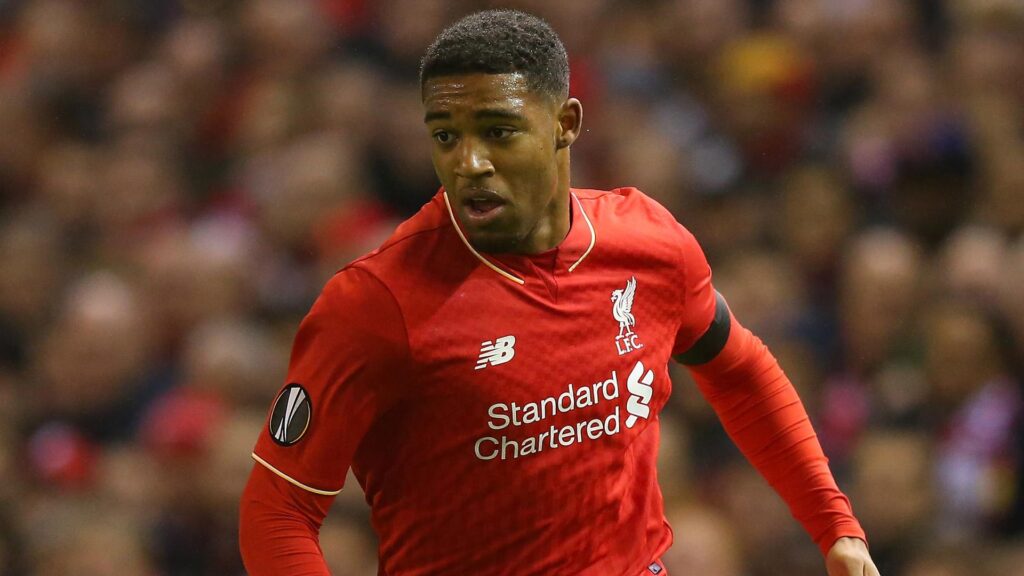
When Raheem Sterling left Liverpool, panic set in. But legend John Aldridge reassured fans: “Jordan Ibe will be better than Raheem.”
For one Merseyside derby, Ibe looked it. Explosive, fearless, unstoppable. But Klopp’s arrival, limited minutes, and a £15m move to Bournemouth killed his trajectory. Depression deepened the fall.
By 2025, Ibe was in England’s seventh tier with Hungerford Town. The kid once tipped for England’s 2022 World Cup squad is now fighting for minutes at the semi-pro level.
Nick Powell – Ferguson’s Last Gamble
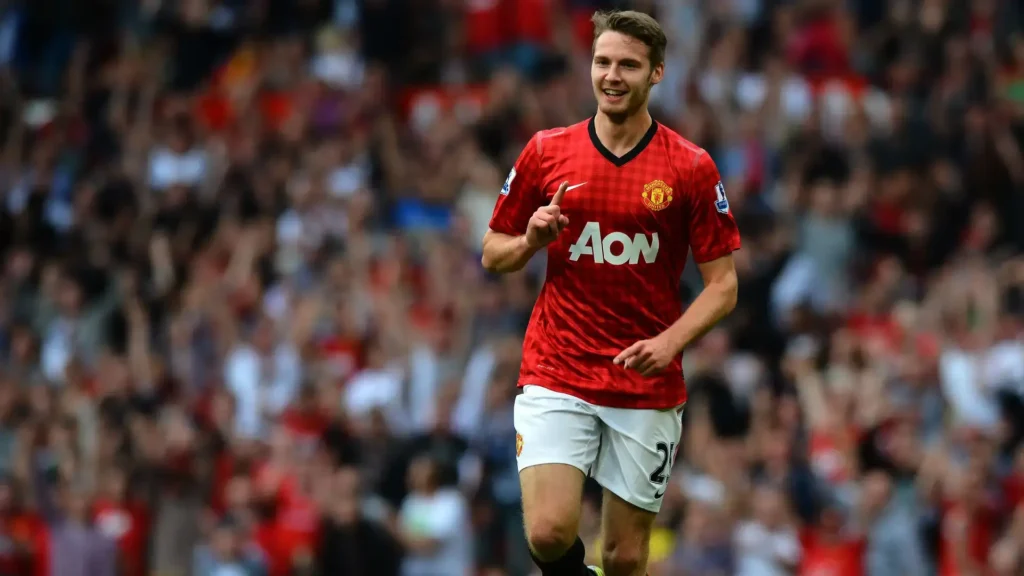
An 18-year-old Nick Powell scored a thunderous volley in the League Two playoff final. Ferguson was hooked. United paid £6m. He even scored on his Premier League debut.
But after Ferguson retired, Powell’s dream collapsed. Van Gaal subbed him on for Juan Mata in a must-win Champions League match, a decision so bizarre it became a meme. Powell later admitted: “I wasn’t a Manchester United player. They were machines. I played football for fun.”
By 2025, he was earning £400 a game in YouTube star KSI’s novelty league. From Ferguson’s final prodigy to a punchline.
Conclusion – The Curse of Being “The Next”
What ties these stories together? Pressure. Expectation. Lifestyle choices. Injuries. Mental health.
Sometimes it’s the clubs that suffocate talent (João Félix at Atlético). Sometimes it’s the weight of comparisons (Bojan, Pato). Sometimes it’s demons no one sees (Dele, Ibe).
Every failed wonderkid in football is a reminder: talent alone isn’t enough. Surviving the spotlight is the real test. And maybe that’s why the likes of Messi, Ronaldo, or Mbappé, Haaland aren’t just great players — they’re survivors of an unforgiving world where most wonderkids never make it.

